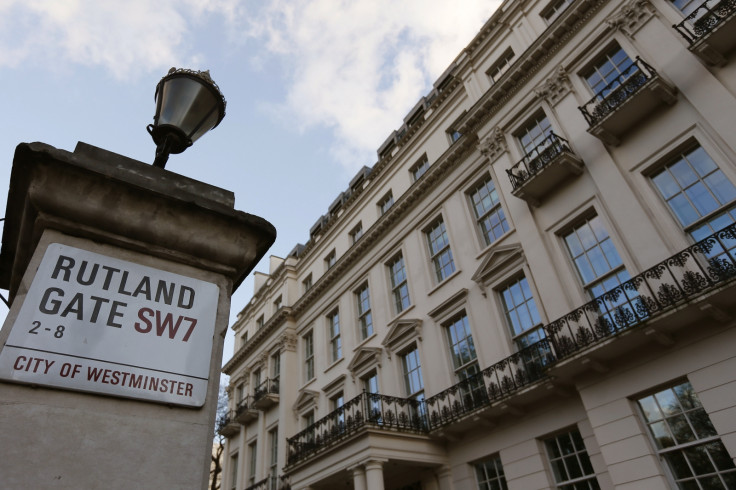Election 2015: Mansion tax 'squeezing the rich is a dangerous game' says property expert

The proposed 'mansion tax' on UK houses worth £2m (€2.79m, $3.02m) and above would hurt overseas investments in real estate, shaving off a sizable chunk from the the UK's economy, according to industry experts.
The controversial proposal by the Labour party has received widespread media attention.
The tax would mean owners of properties worth £2m-£2.5m would pay £2,000 per year; £2.5m-£3m would pay £3,500; £3m-£4m paying £5,000; and properties worth £4m and over would pay £9,000 a year.
Responding to IBTimes UK, Ed Mead, executive director at real estate agent Douglas & Gordon, said threats to the top end of the UK's property market, such as the mansion tax, have caused a collapse in property demand ahead of the general election on 7 May.
Research shows that property prices in London increased during the 12 months preceding five out of the last eight general elections.
Rich make easy targets
"Whilst the rich are easy targets for political parties looking to win votes, it's necessary to remind ourselves that the wealthiest 1% pay 27% of the taxes," Mead said.
"London is unique in that the market works from the top down with people aspiring to live in bigger houses, not because they need to but because they want to. Choke off demand and activity at the top end and it affects the whole market."
He added that the property sector, with the plethora of attendant services, amounts to about 10% of the UK economy.
A December 2013 report in Financial Times shows that those who own houses worth about £5m spend £2m-3m in the economy every year and those in £15m houses about £5m.
"Lose them and you lose a large chunk of the economy. Squeezing the rich is a dangerous game and as someone who remembers the rancorous feel of the late 1970s this has a remarkably similar feel," Mead said.
© Copyright IBTimes 2024. All rights reserved.






